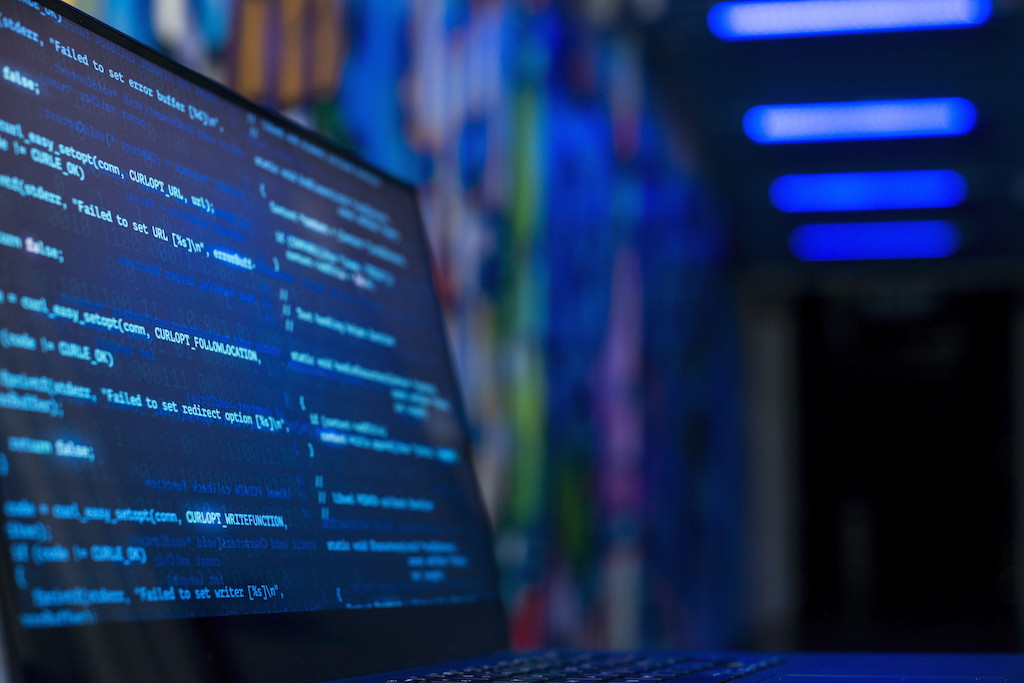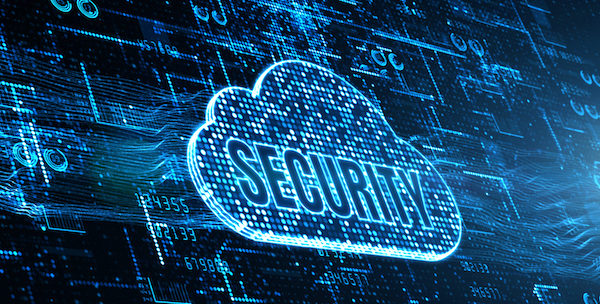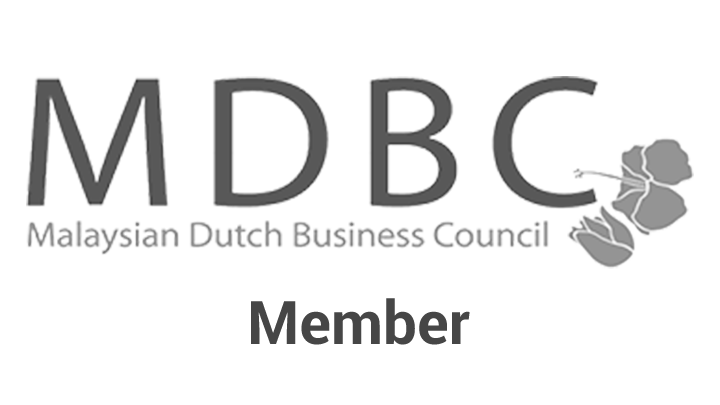Society’s digital infrastructure continues to grow at an unprecedented rate and has effectively created a virtual space of interconnectivity among most peers, governments, markets, and fellow businesses. We find ourselves today within a reach of connecting to all the things we need and want. Access to each other has never been easier, more convenient, and more transparent – to the point of blurring lines of safety, etiquette and data security. As heads of government acknowledge the risks and opportunities for governance in technological feats, so too do private executives recognize their own corporations’ capacities in managing threats through adequate data protection and compliance.
In the context of the Southeast Asian Region, the International Telecommunications Union (ITU) conducts an annual survey called the Global Cybersecurity Index (GCI) that hinges on the assessment of a country’s digital development along five pillars, namely: Legal, Technical, and Organizational Measures, Capacity Building and Cooperation. Each pillar has its own set of indicators and standards to be the benchmark for evaluations. As cybersecurity cuts across various institutions and industries, various stakeholders from the different sectors were consulted during their data gathering process.
The 2018 GCI ranking among ASEAN peers are as follows:
| Regional (Asia-Pacific) | Global | |
| Singapore | 1 | 6 |
| Malaysia | 2 | 8 |
| Thailand | 7 | 36 |
| Indonesia | 9 | 41 |
| Viet Nam | 11 | 50 |
| Philippines | 12 | 58 |
| Sri Lanka | 16 | 83 |
| Lao PDR | 22 | 120 |
| Myanmar | 26 | 128 |
| Cambodia | 27 | 131 |
The ASEAN region hosts some of the most diverse markets with the potential to become lead contributors to the global digital economy. Given its policies for future integration with its neighbors, economic activity across the region will be more linked. This interconnectivity, however, poses a vulnerability in which prying opportunists may seek to exploit. It is evident from the ranking that cybersecurity in ASEAN ranges from those with the weakest infrastructures to the globally-acclaimed systems. “A chain is only as strong as your weakest link,” as the saying goes.
Fortunately, global awareness for establishing robust data security systems and infrastructures has become a mainstream issue towards the turn of the century. As companies grow from being micro, small and medium enterprises to larger corporations, the means to communicate and protect data also evolves. As the executive making the decisions, here is a checklist of fundamental questions that might help in assessing the company’s cybersecurity capacity:
- Does the company use encrypted data in its transactions?
- Does the company regularly maintain its preventive software and storage hardware?
- Are the employees aware of company data access protocols and safeguards?
- In the case of data breaches, does the company have a plan for the response system?
Business leaders adequately preparing, implementing and executing necessary action towards cybersecurity will find it quite similar to assessing risks as this reflects another form of a disaster waiting to happen. In this context, taking the steps forward toward more sophisticated security means such as multi-security authentications, cloud communication, and 2-factor authentications are the most viable options in reinforcing companies’ cybersecurity measures. Explore other alternatives in reinforcing your digital infrastructure with Twizo Authenticate to ensure your digital needs so no one can come close to compromising your valuable data.
















